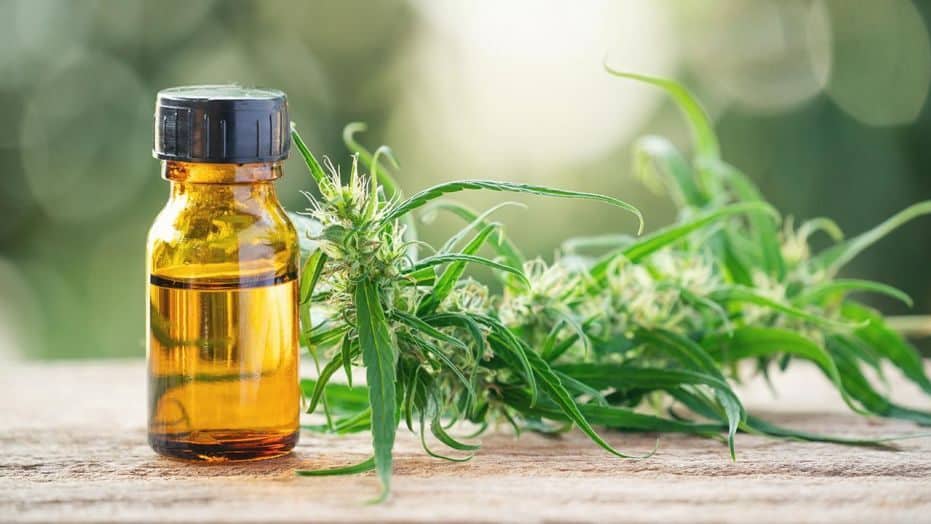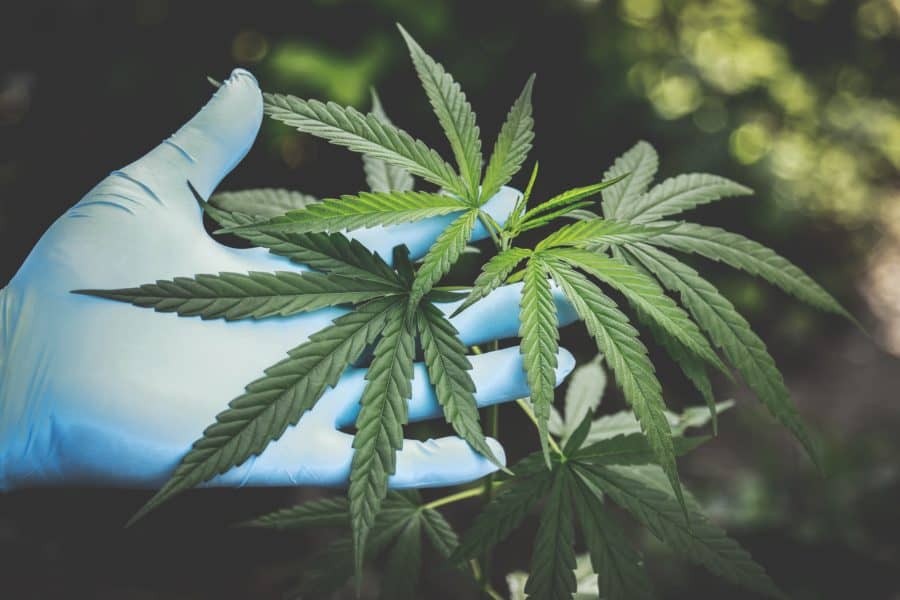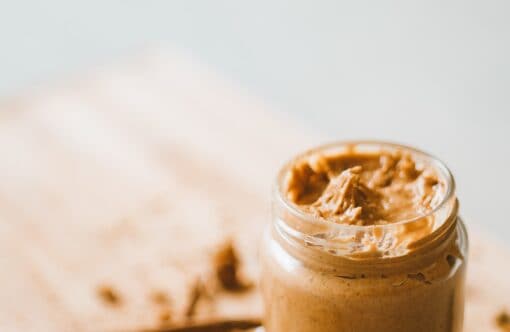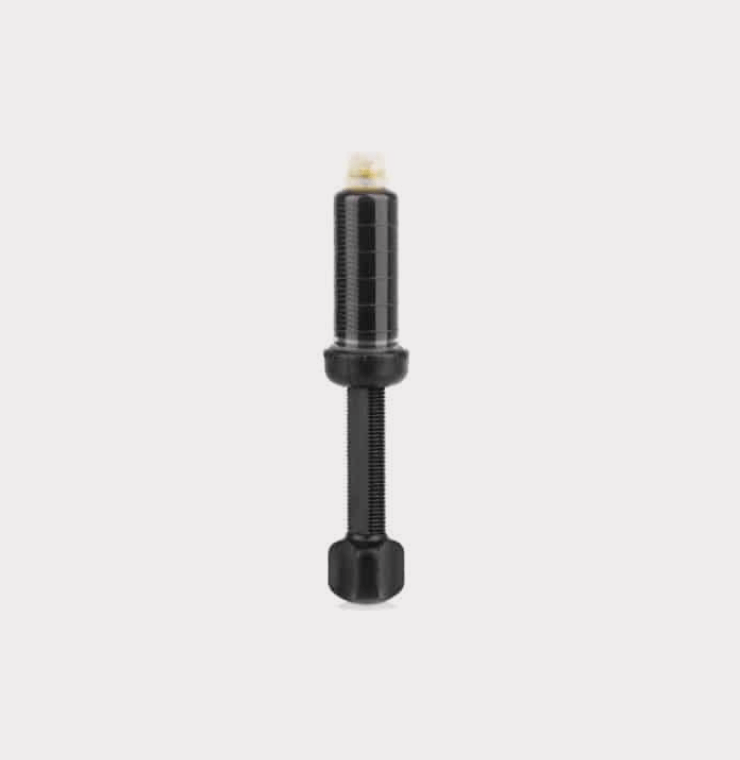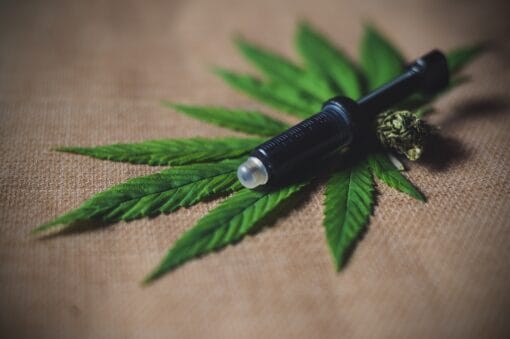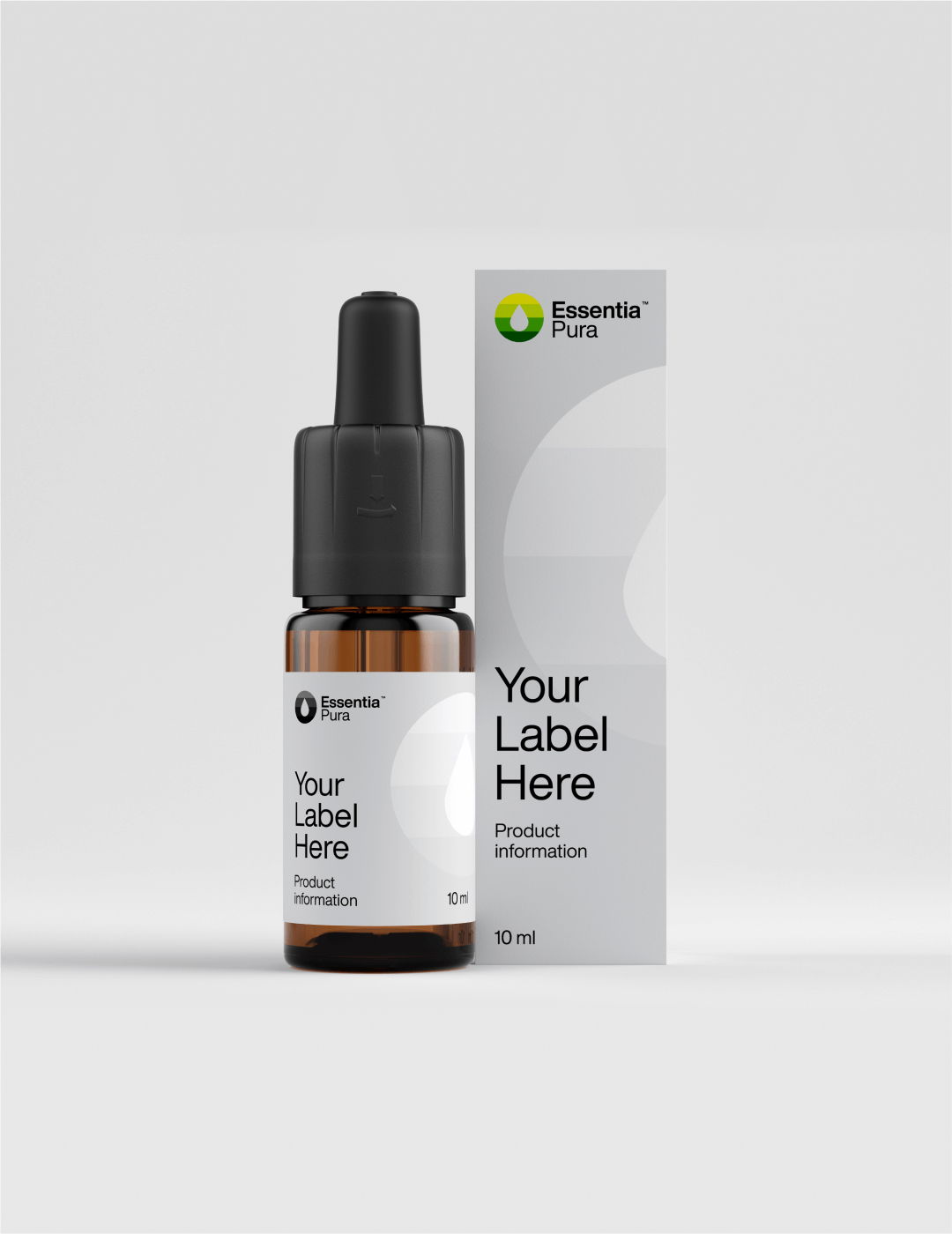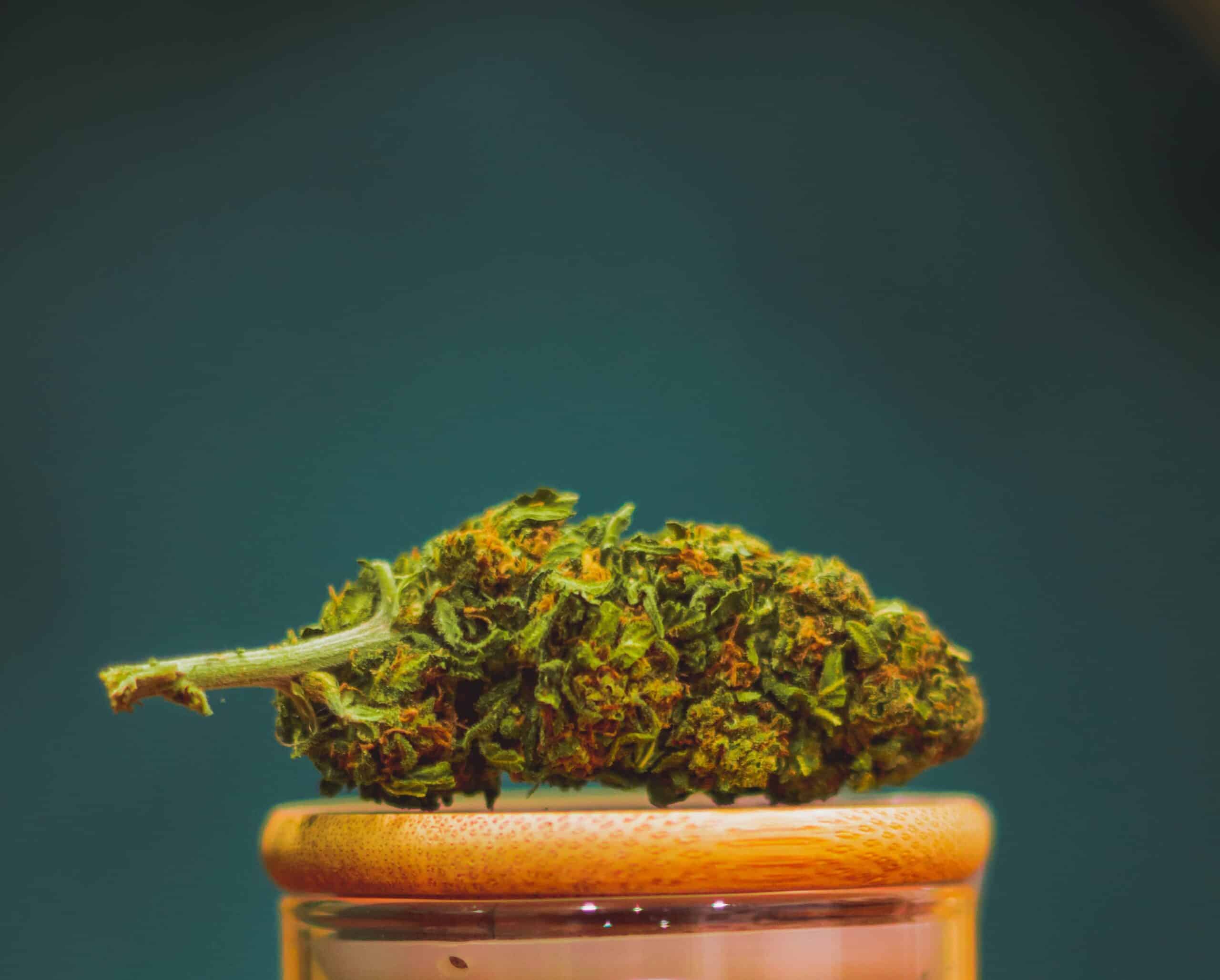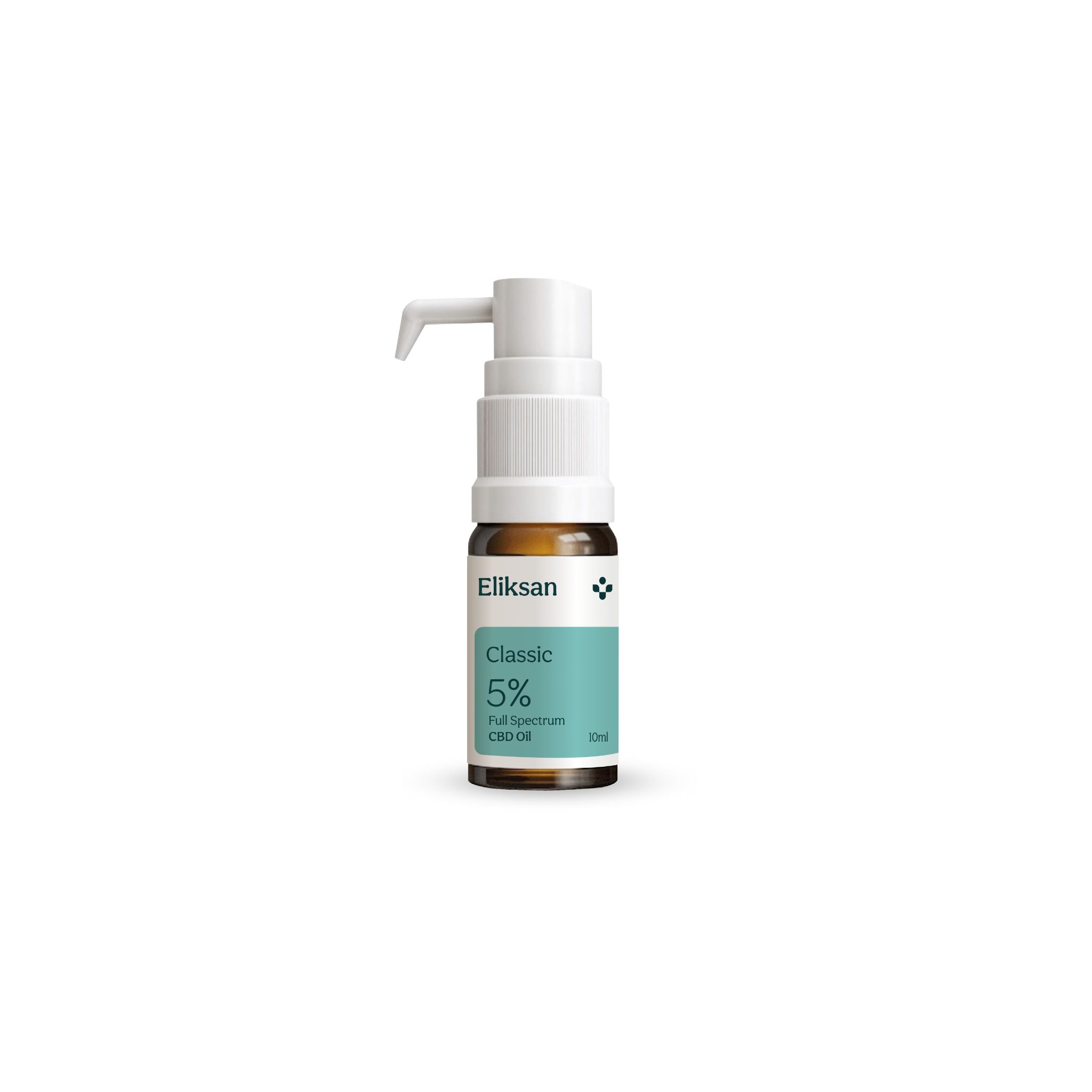Ultimate CBD & Hemp Glossary
Updated February 21, 2024
The information provided in our articles has undergone a thorough research process by a team of writers, editors, legal advisors, and medical experts to guarantee accuracy. Only reputable sources have been cited.
Furthermore, to ensure the most recent and relevant data, the content is consistently evaluated against current scientific literature and expert recommendations.
Whether you are just exploring CBD, an experienced user, or even someone already in the CBD business, you may still find some CBD-related terms daunting. So, no worries, here we have explained all the terms related to CBD use, production, and more. If you still find something missing or you cannot understand, you can always contact us, and we would be glad to clarify things.
Anandamide- It is also called the “bliss molecule.” The human body naturally produces it, and its production may increase under certain circumstances. It acts on the body’s endocannabinoid system. Its higher levels are associated with better mood, cognition, learning, and intellectual and motor function. It especially acts on CB1 receptors. Researchers think that THC and perhaps other cannabinoids can mimic the activity of anandamide, thus causing euphoria.
Bioavailability- Describes how much any compound makes to circulation after ingestion. When ingested, many compounds are neutralised by gastric juices or fail to absorb, or the liver destroys them during the so-called first-pass metabolism. Therefore, higher bioavailability means that a greater amount of the ingested substance can enter the blood circulation and thus help boost health. For example, 50% bioavailability implies that if one ingests 100 mg of a particular substance, only 50 mg of it will make it into circulation.
Cannabigerol (CBG)- Hemp or cannabis plant contains many cannabinoids, and CBG is present in small amounts. It is called a minor non-psychoactive cannabinoid that is a precursor to both CBD and THC. In recent years, there has been increasing interest in minor cannabinoids, as they have different health benefits compared to CBD. For example, studies suggest that CBG may have a higher anti-inflammatory effect on the skin.
Cannabinoids- It is an umbrella term used to describe just any substance that acts on cannabinoid receptors like CB1 and CB2. CBD is just one of the cannabinoids. New studies have identified more than 500 bioactive compounds in hemp, and more than 100 of them are cannabinoids.
Cannabinol (CBN)- One of the cannabinoids present in the cannabis plant. It is mildly psychoactive and is present in traces in the plant. It acts on both CB1 and CB2 receptors. However, there is an increasing interest in it due to its ability to alter some brain activities. Moreover, it appears to be safer and less psychoactive compared to THC.
Cannabis sativa- The cannabis plant has three known species: Cannabis Sativa, cannabis Indica, and cannabis ruderalis. Among these three species, cannabis Sativa is mainly used to produce CBD. It is commonly known as hemp. Europeans have traditionally grown this cannabis species for making industrial products. This variety of cannabis is good because it naturally has low THC content, and thus it is a better fit for producing health supplements.
Carrier oil- As CBD manufacturers we often buy pure CBD powder like CBD isolate or CBD distillate. However, they must mix CBD with the oil to make CBD or other products. CBD is naturally fat soluble. Carrier oil is just any oil that helps the body absorb CBD. It may be hemp oil, coconut oil, or olive oil, and one can mix multiple oils to create unique products.
CB1 receptors- CB1 receptors are a part of the endocannabinoid system in the human body. Receptors are a kind of switches that are activated by endocannabinoids, cannabinoids like CBD. Once these switches are activated, it changes the body differently. CB1 receptors are mainly present in the brain, though they are also present in small amounts in other body parts. It means that CB1 activation mainly causes changes in brain function, like reduced anxiety or pain sensation.
CB2 receptors- Like CB1, CB2 receptors are yet another kind of switch belonging to the endocannabinoid system and present in various body tissues. Unlike CB1, CB2 receptors are mainly present outside the brain and abundant in the immune tissues. Thus, they help modulate immunity and reduce inflammation.
CBD broad spectrum- Cannabis or hemp plant contains many phytocompounds, not just CBD. Moreover, these compounds may have many additional health benefits. These different compounds are also responsible for the “entourage effect.” Broad spectrum CBD is the extract that retains many other phytocompounds from hemp, except THC. Thus, it is quite safe and yet beneficial for health, as it is THC-free.
CBD extraction- There are many traditional and modern methods of CBD extraction. For example, extracting CBD through oil or alcohol (tincture) is some of the conventional ways. Modern ways of extraction are CO2 supercritical extraction or hydrocarbon extraction. Modern extraction methods like CO2 supercritical extraction help extract pure CBD with very few impurities, and the end product is of high potency.
CBD full spectrum- Full spectrum CBD is quite like a broad spectrum that retains other phytocompounds along with CBD. Thus, it is rich in terpenes, flavonoids, and even vitamins. However, unlike the broad spectrum, it also contains THC in small amounts or permissible amounts. THC in small amounts would not cause euphoria. However, it may result in some added health benefits.
CBD isolate- As the name suggests, it is an isolated form of CBD. It means that CBD isolate is CBD in its purest form. It is almost 99% pure CBD. The distinct benefit of an isolate is that it is better suited for naïve users and is also safe for prolonged use.
CBD/Cannabidiol- Researchers have already identified more than 100 cannabinoids in cannabis or hemp. However, CBD is the most abundant, and other cannabinoids are in small amounts. Thus, CBD is most widely used for health conditions and is also one of the most well-studied cannabinoids.
Certificate of Analysis (COA)- Not all CBD products are made equally well. Quite often, information on the product label may also be misleading. However, a certificate of analysis is the most reliable way of knowing what is in the product. Of course, COA from a reputed third-party lab can only be trusted.
CO2 supercritical extraction is one of the safest and most common ways of CBD extraction from hemp or cannabis plant. CBD manufacturers use CO2 gas cooled and compressed to the supercritical stage in this process. The supercritical stage is the one when CO2 has the properties of both liquids and gases. Supercritical CO2 acts as an excellent solvent and does not leave any toxic residues.
Decarboxylation- It means removing the carboxyl from any molecule. In the case of CBD manufacturing, it helps convert CBDa to CBD and thus helps boost the potency of CBD products.
Delivery methods- CBD products must be delivered to the body and can be done in many ways. The mode of delivery would decide its bioavailability, how fast it acts, and in what conditions it can help. Sublingual, transdermal, topical, and oral are some of the popular delivery methods.
Dietary supplement/Nutraceuticals- Any compound that is used to supplement the diet and may have some health benefits. These are generally of natural origins, but not essentially. For example, many vitamins are produced these days synthetically. Unlike medicine, these are not intended to diagnose or treat medical conditions.
Distillate- CBD distillate is another name for broad-spectrum CBD. It is a CBD product created through the distillation process. It generally contains 70-80% CBD, and the rest is other beneficial phytocompounds like terpenes. The distillate is generally fat soluble; however, water-soluble distillate is also available these days.
Edible CBD- All CBD edibles we offer are edible supplements. However, the term edible CBD is mainly used to describe foods or edible products with added CBD. Thus, CBD-infused chocolate would be categorised as edible CBD.
E-liquid / Vape Juice- As the name suggests, these are CBD-added juices created explicitly for vaping. Vaping CBD vape oil has a distinct benefit of immediate effect.
Endocannabinoid system- It is a complex and vast system of receptors and chemicals throughout the body. This endocannabinoids system was discovered in the 1990s. It is a system that can alter various body functions like appetite or alertness. Therefore, this system can help regulate different body functions. CBD mainly acts by modulating the endocannabinoid system, which explains its broad spectrum of activities.
Entourage effect- It is a term often used in the CBD world. Unlike synergy, when two substances are combined, it results in much greater health benefits, but the entourage effect is a bit different. When two or more substances are combined, the entourage effect results in entirely new kinds of health effects. Thus, researchers can make products for specific health conditions by combining CBD with various essential oils, terpenes, flavonoids, and minor cannabinoids.
Ethanol extraction is one of the oldest, safest, and cheapest ways of extracting plant extracts. One can soak plant material in ethanol (alcohol) to ensure that its active compounds get dissolved in it. One can also apply heat for higher potency and even distillation to get purer plant extract.
Farm bill- A law introduced in 2018 removes hemp varieties low in THC (below 0.3%) from controlled substances, thus allowing farmers to grow these hemp varieties like any other agricultural product.
FDA- Every nation has a so-called Food and Drug Authority, though its name may differ a bit from country to country. It is a regulatory agency that ensures that medications, dietary supplements, foods, cosmetics, medical devices, and so on meet certain safety and efficacy standards. So, for example, although dietary supplements are not FDA-approved, they still check those products for safety and quality.
Heavy metals- Generally, lead and metals heavier than it is classified as heavy metals. Thus, for example, arsenic is also a heavy metal. Unlike lighter metals like iron or magnesium, heavy metals do not have any role in the human body and are highly toxic, even in small amounts. However, due to air pollution, many natural products may have some quantities of heavy metals. Thus, every natural product must be tested for heavy metals to ensure their safety.
Hemp- A variety or species of cannabis plant that has been specially grown in Europe for making industrial products. It was mainly grown for fibre, making textiles, extracting oil, animal feeds, and more. Leaves, flowers, and stalks of hemp plants are also excellent sources of CBD, as they are naturally low in THC, unlike marijuana plants or other cannabis species like Cannabis Indica.
Hemp seed oil- It is a hemp or cannabis plant seed oil that is rich in omega-6 and omega-3 fatty acids. It is among the healthy vegetable oils. However, it is worth understanding that hemp seed oil is naturally CBD or THC-free. Thus, its sales are not regulated in any nation, and it can be sold and consumed just like any other vegetable oil. It is vital to know that it is naturally CBD-free until or unless CBD has been added to it, as many sellers try to confuse consumers by selling pure hemp seed oil that lacks any health benefits of CBD.
Hydrocarbon CBD extraction- It is another method of CBD extraction on an industrial scale that uses gases like butane or propane. These gases are liquified at high pressure and low temperature; thus, they can dissolve or extract CBD. Although this extraction method is quite good, these gasses are highly flammable and explosive and harm the environment.
Lipid soluble- Anything that is naturally soluble in oils, like CBD.
Marijuana- Cannabis plant flowers, leaves or even stalks from varieties like Cannabis Indica that are naturally high in THC. Thus, unlike CBD, marijuana is mainly used for recreation. However, it may also have health benefits.
Medium-Chain Triglyceride (MCT) Oil- In recent years, MCTs have gained particular attention as they are readily digested. MCTs can bypass the usual way of absorption and can directly enter the lymphatic system. Thus, they can provide quick energy to the body. Not only that, but anything dissolved in MCTs would also enter blood circulation faster.
Novel food- European commission classifies any food item as a Novel that was not consumed in large amounts by Europeans before 15 May 1997. Since Europeans have not traditionally consumed CBD in large amounts, it is also classified as Novel food. Unlike regular foods like wheat or corn, Novel foods can only be sold in the EU after authorisation by the commission.
Organic- Any product of natural origins; thus, it can be readily recycled and does not harm the environment much. For example, paper is generally organic, but plastic is not.
Pesticides- Chemicals that are used by the agriculture sector to kill bugs or insects. However, these food items may retain these chemicals in small amounts, thus causing harm to human health.
Potency- Another way to describe the strength of drugs or food supplements. Highly potency often means a greater dose, though not necessarily.
Private label CBD products- These are products made by a third party but according to the client’s specifications. Nowadays, it is common practice for businesses to get their product manufactured by third parties and instead focus on sales and marketing. Therefore, one can readily buy private-label CBD products, get them branded, and readily introduce them to the market without worrying about manufacturing and regulatory issues.
Psychoactive- Any substance, whether natural or synthetic, that influences the working of the brain, affecting mood, alertness, awareness, thoughts, and more. Thus, alcohol, marijuana, and even caffeine and CBD are psychoactive. However, marijuana and heroin are relatively more psychoactive and therefore are controlled substances.
Solvent- liquid in which solute dissolves to form a solution. Solvents are often used in extracting natural extracts and even making medications. Some of them, like ethanol, are pretty safe, while others might be toxic.
Strain- It simply means variety or species of cannabis. Thus, Indica and Sativa are just different strains of the same plant. However, various strains of the same plant may differ significantly from each other and may have completely different usages.
Sublingual- It is a way of medicine, food, or supplement delivery. When using this route, a substance is held below the tongue for a long time, resulting in its instant absorption, thus reaching blood circulation immediately. This may be a good route for medications or supplements that are not absorbed well via the gastrointestinal tract or are destroyed by gastric juices. However, although this route has the benefit of immediate effect and good bioavailability, it may not be a good route for substances needed by the body in large amounts. Thus, it may be a good route for CBD and vitamins, but not for proteins or carbs.
Terpenes- These are aromatic compounds present in different plants. Plants or even trees use these substances to attract pollinators and defend themselves from different threats. These compounds are quite complex and may have different health effects. Therefore, they are commonly added to CBD products to create products with varying health benefits. Adding terpenes to CBD also results in an entourage effect.
THC/Delta-9 tetrahydrocannabinol is a highly psychoactive compound found in various cannabis strains. It is the main compound in marijuana that causes “high”. It can be addictive and harm health in large amounts. Thus, regulatory bodies only allow traces of THC in CBD products. For example, the European Commission allows only 0.2% of THC in CBD products. Adding high amounts of THC to CBD products is a criminal offence that may result in hefty fines and prolonged imprisonment.
Tincture- Any medicine, herb, or natural compound dissolved in alcohol. It is one of the oldest ways of making medications and health supplements. In olden times, people would collect herbs and soak them in alcohol for weeks or months. Soaking herbs in alcohol for long dissolves many of their active compounds, thus creating a kind of natural medication or tincture.
Topical- Any medication or substance that is applied to the skin. Generally, such compounds have a local effect, like helping reduce skin inflammation.
Transdermal patches- It is one of the modern ways of drug delivery. Manufacturers may add medications, different compounds, hormones, or even CBD to the transdermal patches. These patches can adhere to the skin; from there, they keep supplying medicines in small amounts over a long period. For example, a testosterone transdermal patch may consistently supply a low dose of hormone for 24 hours. In this delivery route, medication or other substances are slowly absorbed via the skin.
Vaporiser- Any equipment or device that creates vapours of fluids or solid substances. For example, some asthma medications are taken this way. Similarly, vaping devices are also vaporisers, and they can create vapours of vaping juices. It is one of the fastest ways to deliver drugs, as active ingredients instantly reach the bloodstream through the lungs. It may also be a good delivery method for medications acting on the respiratory tract, like bronchodilators.
Water soluble- Any substance that is soluble in water. Quite often, a water-soluble substance is poorly soluble in fats and vice versa. Additionally, it is worth noting that the human body absorbs and processes water-soluble substances differently than fat-soluble substances.
White-label CBD products- It is the easiest way of getting started with the CBD business. These products are ready with the manufacturer and need to be labelled as per the client’s requirement (thus the term white label). Quite often, a good CBD producer would have a range of white label CBD products. However, these products were not made as per the client’s requirements.


